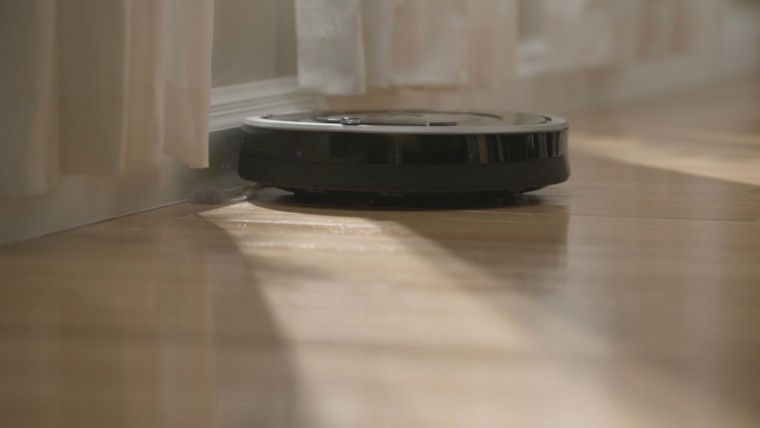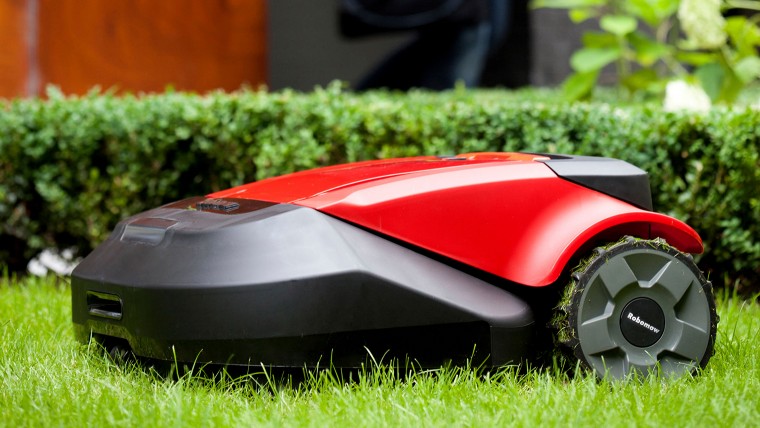Ask people to picture a robot and some will think of C-3PO and R2D2, while others pick different characters in other popular films, anything from Marvin and Wall-E, to ED-209 and Optimus Prime, via Huey, Dewey and Louie. For many, robots still sound like works of science fiction.
However, ask them to picture “robotics” and their minds will go to a quite different gallery of images of high-tech car plants, advanced operating theatres, smart bomb disposal units and drones. Robotics feature firmly in the here and now of science fact.
This line drawn between cute or android-like “robots” in human form and the impersonal gadgetry and machines of “robotics” offers a false distinction. Such thinking is out of date in 2015.
We live in a digital age when smartphones are ubiquitous, wearables are becoming mass-market must-haves and driverless cars are coming around the corner. So why should the idea of your own personal robot seem more the stuff of Hollywood than home?
The reality is there are already millions of service robots out there for personal and domestic use. Figures from the International Federation of Robotics (World Robotics 2014 Service Robots) show sales jumped 28 per cent in one year to four million in 2013, with projections for 2014-17 rising to 31 million units. Though the upward trend is clear, the precise numbers could be considerably higher. In fact, leading manufacturer iRobot alone has already sold more than ten million of its most popular Roomba® model.

So robots are not exactly rare, but neither should they be seen as some kind of indulgence or luxury. Of course, one of the strongest selling points for a robot vacuum cleaner, such as the Roomba 880, is that is saves you time and effort, but so too does a dishwasher or washing machine. We could still wash our clothes by hand, but the simple truth is we do not want to as we have better, more enjoyable things to do with our time.
While convenience and quality free time might seem benefits enough, the other key factor driving uptake of robot vacuum cleaners is that they are simply better at the job. They are typically more efficient and thorough for two principal reasons. Firstly, because they do not rely on sight alone to detect dust, dirt, hair and debris, but employ a range of intelligent sensors; and secondly, because they are available to perform everyday cleaning tasks much more often and regularly, so preventing build-up of dirt and maintaining a higher standard of hygiene.
This makes them particularly popular wherever a deeper clean is desired, for instance with the likes of allergy sufferers and pet owners, for whom indoor air quality is important for health and wellbeing.
With entry-level domestic robot options available, affordability is not restricted to bigger-budget households
In addition, with models such as the Roomba 880 being virtually maintenance-free, they can work out considerably less expensive to employ than domestic cleaning staff and are also described as “whisper silent”, so both cheap and quiet to run.
With entry-level domestic robot options available, affordability is not restricted to bigger-budget households, either. So what is there left to delay or deter take-up of the technology?

The answer is nothing. In effect, mainstreaming of robots in the home is really just a mindset away, as Bo Simonsen, Witt market manager, UK and Ireland, concludes: “We will see many more robots working at home, together taking care of the tasks you do not want to do, freeing you up to spend time with your family on things you love and enjoy.
“More personalised robots will be looking after and caring for people, while specialised models do the dirty and labour-saving work around the house.
“Outside too, garden robots will be mowing the lawns, talking to sweeper models taking care of your drive and making sure all grass cuttings get picked up. Robot connectivity, visual recognition and team-working can make your life easier, more productive, relaxed and fun.”
The most exciting thing, though, about this time-rich, chore-poor vision is that it starts now. This is no utopian dream. The future is already here, today.
For more information please visit http://witt.zone/irobot/home-uk/


